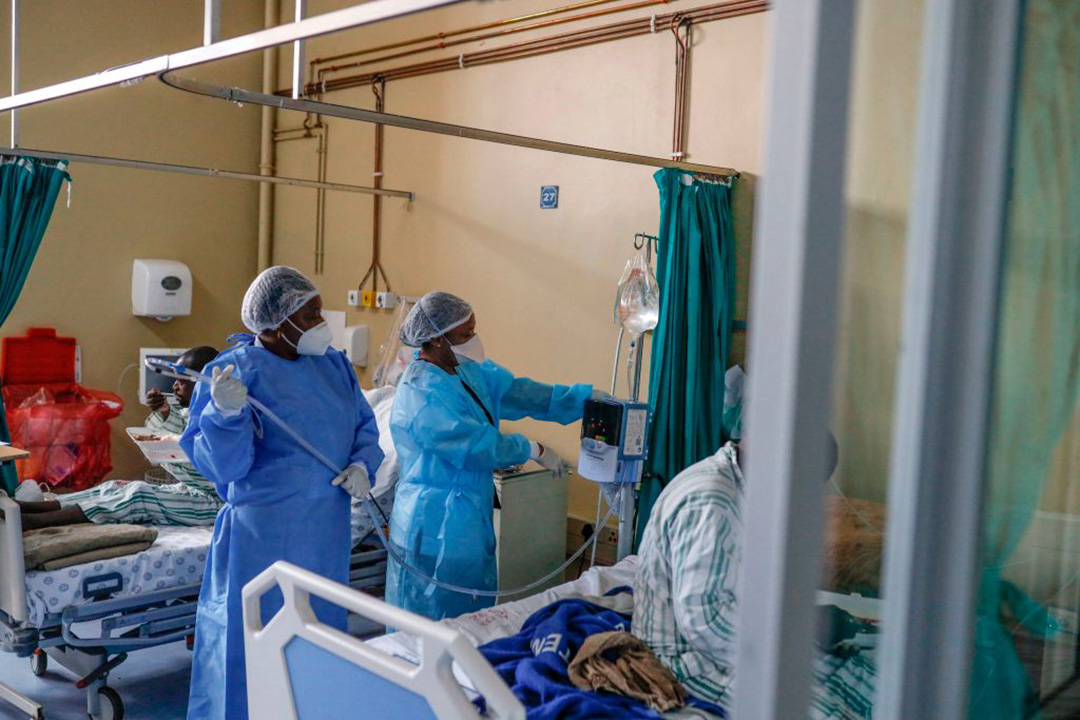Dramatic Rise in South Africa’s COVID-19 Cases Prompts Fear of Fifth Wave
ADF STAFF
A surge of COVID-19 infections in South Africa has led some experts to declare that the country has entered its fifth wave of the pandemic as May began.
The country is experiencing its highest rate of new cases in three months, driven by the emergence of omicron subvariants. Most new cases were reported in the Gauteng, KwaZulu-Natal and Western Cape provinces.


Comments are closed.